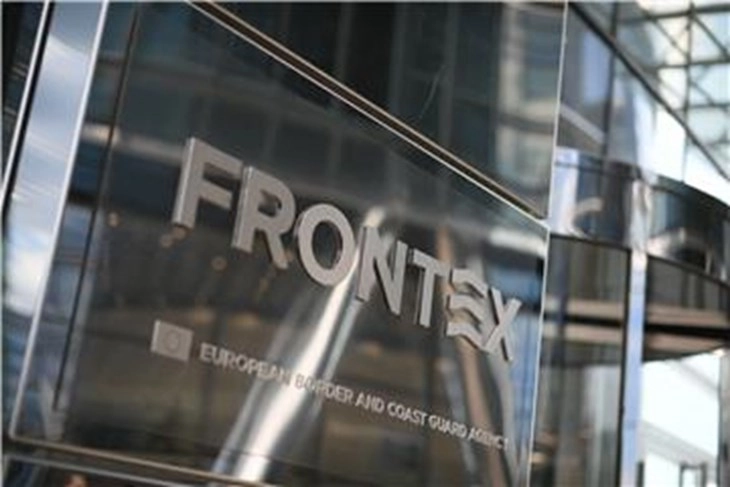North Macedonia and EU to sign Frontex Agreement in Macedonian

Skopje, 26 October 2022 (MIA) – In the presence of European Commission President, Ursula von der Leyen and Prime Minister Kovachevski, the status agreement with the European Border and Coast Guard Agency, Frontex, will be signed on Wednesday in Skopje. The Agreement will be signed in Macedonian.
According to a press release by the EU Delegation to North Macedonia, the Agreement will be signed by the Czech Ambassador to North Macedonia, Jaroslav Ludva, as a representative of the Czech Presidency of the Council of the European Union, the European Commissioner for Home Affairs, Ylva Johansson and the Macedonian Minister of Interior, Oliver Spasovski.
The signing of the Frontex status agreement represents another step in the deepening of relations between the EU and North Macedonia. It will result in practical benefits through the improvement of the country’s border security. The Agreement is in Macedonian, as well as in all 24 languages of the EU, and all versions are equally valid, stated the press release.
Prime Minister Dimitar Kovachevski, in his address to the MPs on Tuesday, stated that the country is walking down the European path with a very significant benefit that it has fought for – a fully safeguarded Macedonian language, and with it a Macedonian identity. The Macedonian language, he said, is now recognized and affirmed as equal to all other languages in Europe.
“The first agreement, Frontex, the EU Council has already decided to sign in the Macedonian language, without any asterisks or footnotes. The first documents in Brussels are already being translated into Macedonian. Starting our negotiations with the European Union after 17 years of waiting: fully safeguarding the Macedonian language and Macedonian identity; building a society for all; and nurturing peace through inter-ethnic unity at home all confirm that the government has been representing the people successfully and with dignity,” said Kovachevski.
The border control agreement, also known as Frontex, was vetoed by Bulgaria because of the use of the term “Macedonian language”. On October 13, the EU Council adopted a decision to sign an agreement on border management between the EU and North Macedonia, after Sofia lifted its veto, leaving the formulation of the Macedonian language untouched, as is the case for all other countries of the region that have signed an agreement with Frontex. The Agreement was then also approved by the European Parliament.
Once the Agreement enters into force, Frontex will be able to be more involved in the management of North Macedonia’s borders regarding migration flows and the fight against “illegal migration”. The EU believes that strengthening Macedonian border control will improve the security of EU borders. ad/nn/







